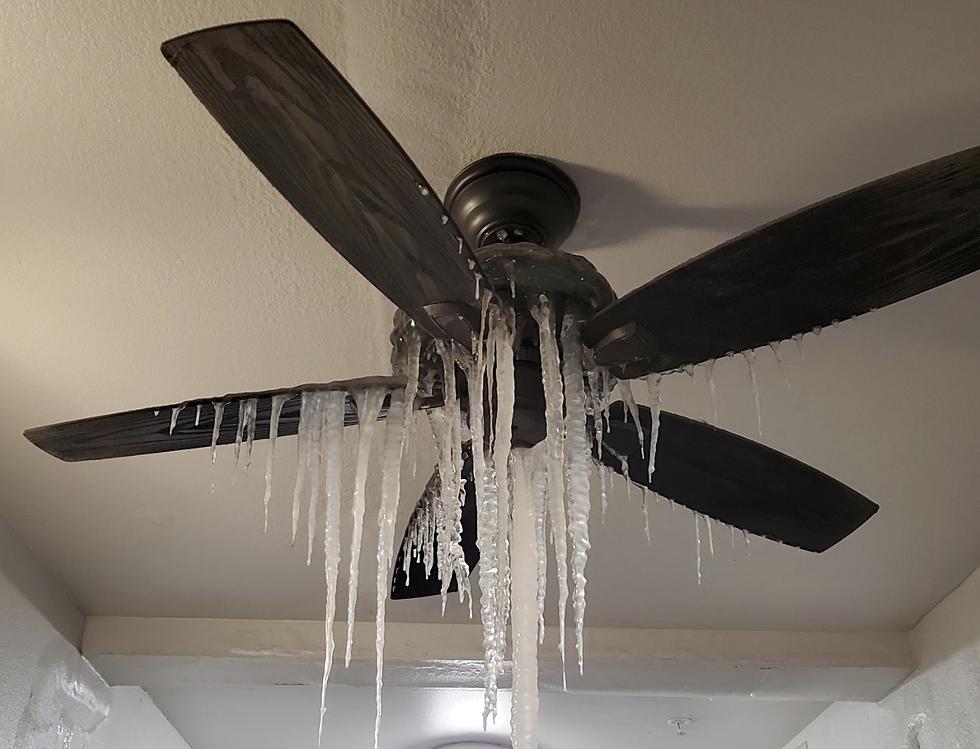Shell Announces Shift to Renewable Energy

A few days ago Royal Dutch Shell announced it was accelerating its strategy to drive down carbon emissions while continuing to deliver value to its shareholders. But, while the press release focuses mostly on carbon emissions, in the details you see Shell admitting its oil production peaked in 2019. That makes it likely there’s another factor at play, which is the inability for Shell to increase its business through increasing oil production, and therefore the company is forced to shift to renewable energy.
In the details of this announcement is a validation of the Peak Oil theory. Namely, Peak Oil was developed by oil industry scientists who observed that when half the oil of an oil field is extracted, production inevitably declines. Average that over the total number of oil fields around the world, and it’s clear that global oil production will inevitably decline as well. No matter how much fracking and deep sea oil wells are built, the oil companies will be unable to keep increasing oil supply to meet demand.
Shell’s announcement is to fundamentally change its business from crude oil to renewable energy. Companies of this stature do not lightly make an announcement of this sort.
Oh please. Big Oil has been misleading the world about its commitment to renewable energy since I was playing softball on the quad with my fraternity brothers and sisters.
The idea of peak oil was a big deal from the mid-20th Century until about 2012, but has since been largely discredited, as we’re finding new oil reserves around the globe all the time, and there are entire continents on which there has yet to be any real exploration.
Having said that, I grant that it’s possible that Shell is on an aggressive path to diversify its business model in the direction of clean energy. The basic issues driving all this are:
a) They have no more core competency in renewables than they have in fast food or designing women’s clothes, yet on the other hand,
b) They have astounding capacity to use their financial might to manipulate the law-making process so as to prolong their viability. If that sounds like an exaggeration, note that we’re still subsidizing this industry that is now over 100 years old, and the most profitable enterprise in the history of humankind.
This wholesale corruption happens with such amazing frequency that it normally passes unnoticed. The energy debacle in Texas, however, is of such behemoth scale that the nation’s attention is rivetted to it, and thus it made news when the state’s governor, Greg Abbott, made the outrageous claim that wind energy was responsible for the tragedy, a fabrication that was immediately refuted by the grid operators themselves, who made it clear that:
• 80% of the electricity in Texas comes from fossil fuels, the processing of which was badly curtailed by the freezing temperatures, since the equipment that was installed had no insulation, so as to save money,
• Texas had hoped for 6% of its electricity from wind, but again, these turbines (unlike those operating in Scandinavia and the Antarctic) were not engineered to handle sub-freezing temperatures, and
• Texas manages its own flow of electric power on the interconnection that supplies power to more than 25 million Texas customers–-representing 90 percent of the state’s electric load, called ERCOT, which was put into place to enable its owners to profit from the deregulated electricity market. Had Texas been a part of either of the two main grids in the United States (Eastern and Western), this couldn’t have happened.
Abbott then went on to blame the Green New Deal (which hasn’t yet gone into implementation).
We live in a land of disinformation, which makes real progress in industries as large as energy extremely difficult. Whether Shell’s announcement is just another part of this larger disinformation campaign, only time will tell.
